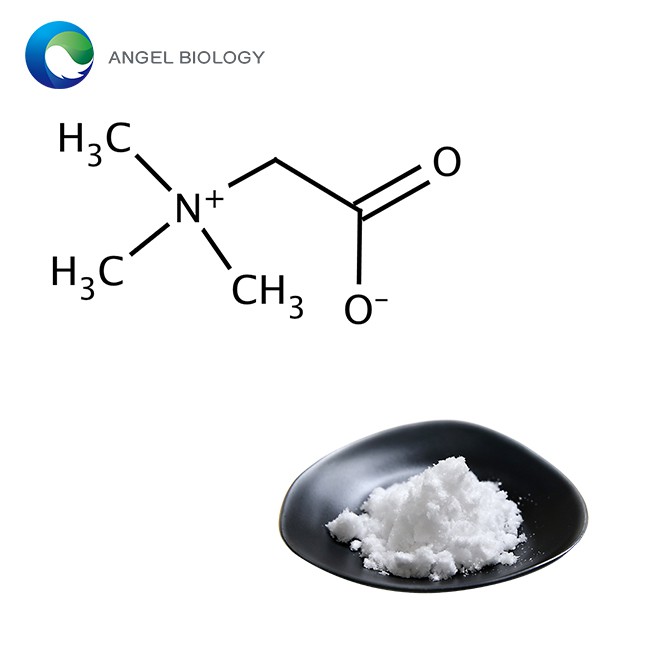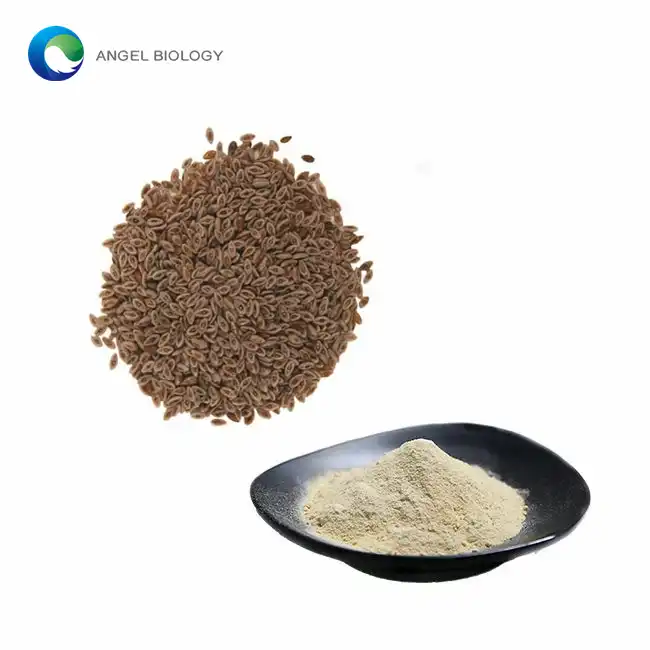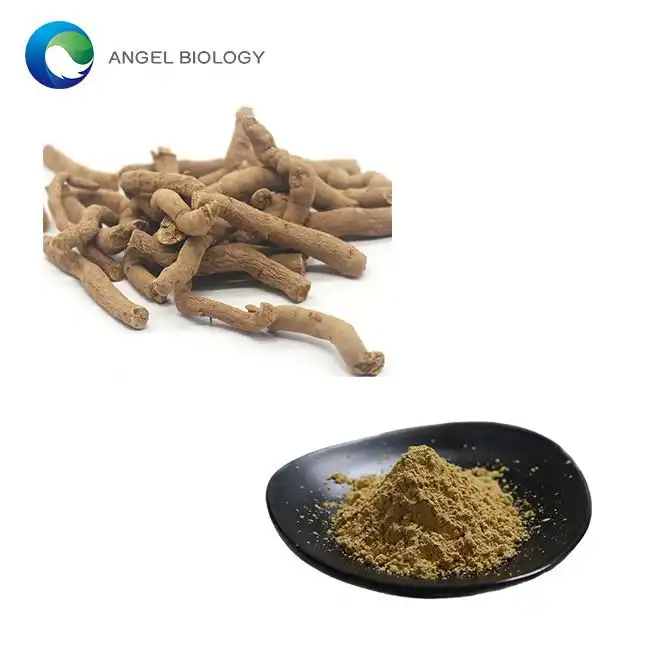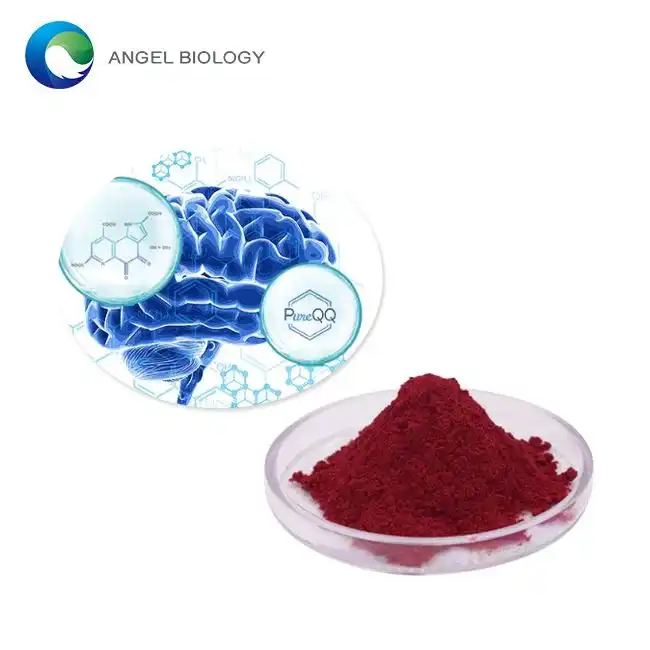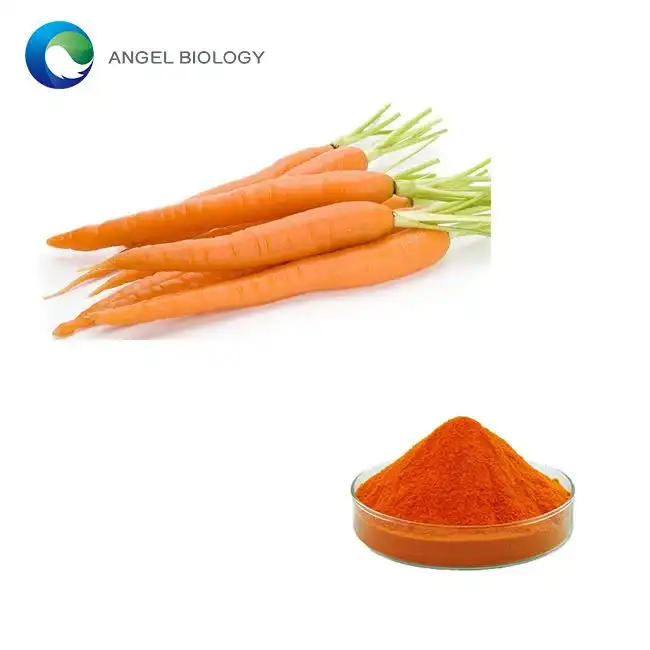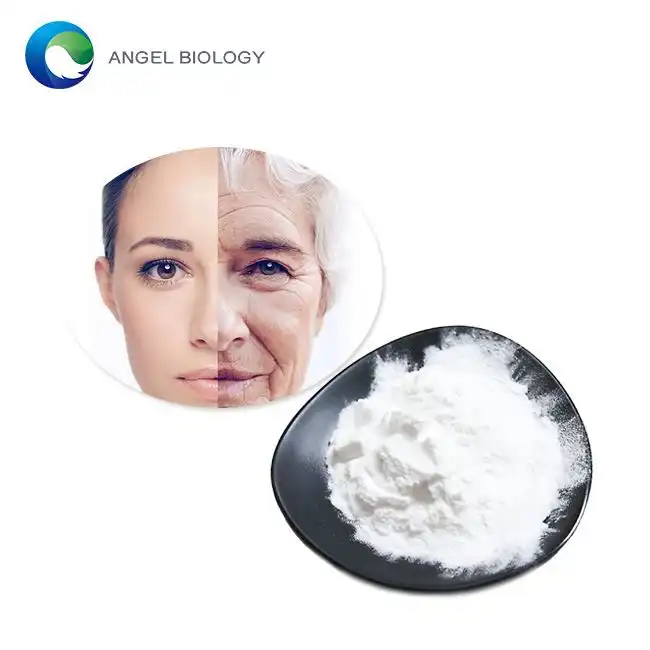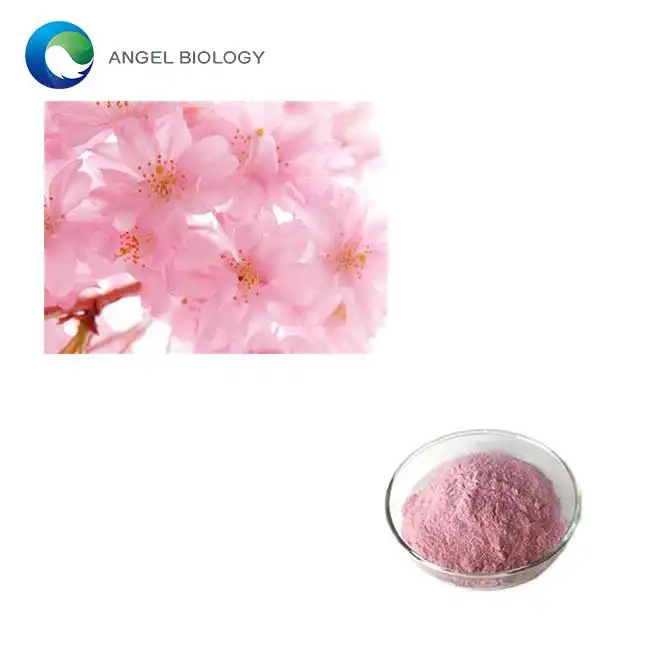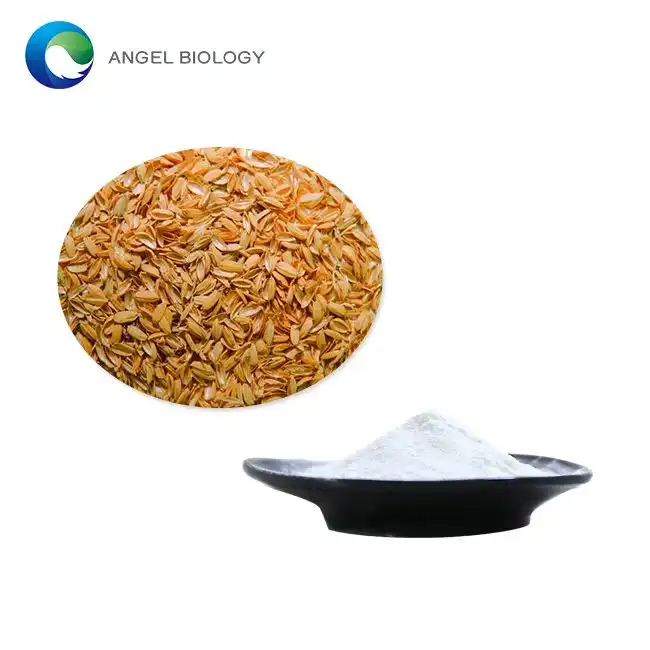What Are the Primary Applications of Phlorizin Powder in Medical Research?
Phlorizin powder, derived from the bark of apple trees, has garnered significant attention in the medical research community due to its unique properties and potential therapeutic applications. This natural compound has been the subject of numerous studies, particularly in the fields of diabetes, obesity, and inflammatory conditions. In this comprehensive exploration, we'll delve into the primary applications of phlorizin powder in cutting-edge medical research, shedding light on its mechanisms of action and promising experimental outcomes.
Phlorizin powder in diabetes research: Mechanisms and experimental outcomes
One of the most prominent areas of research involving phlorizin powder is in the realm of diabetes. This natural compound has shown remarkable potential in managing glucose levels and improving insulin sensitivity, making it a subject of intense scrutiny in diabetes studies.
At the heart of phlorizin's anti-diabetic properties lies its ability to inhibit sodium-glucose cotransporter 2 (SGLT2). This protein is responsible for glucose reabsorption in the kidneys. By blocking SGLT2, phlorizin effectively reduces glucose reabsorption, leading to increased glucose excretion through urine. This mechanism has profound implications for blood sugar control in diabetic patients.
Experimental outcomes in animal models have been particularly encouraging. Studies have demonstrated that administration of phlorizin powder can significantly lower blood glucose levels in diabetic rats. Moreover, long-term treatment with phlorizin has been shown to improve insulin sensitivity and preserve pancreatic β-cell function, which are crucial factors in managing diabetes.
Human trials, while still in their early stages, have also yielded promising results. A small-scale study on individuals with type 2 diabetes found that phlorizin administration led to a notable reduction in fasting plasma glucose levels. These findings have spurred further research into the potential of phlorizin-based therapies for diabetes management.
The unique mechanism of action of phlorizin has inspired the development of a new class of diabetes medications known as SGLT2 inhibitors. While these synthetic drugs are designed to mimic the effects of phlorizin, the natural compound continues to be studied for its potential advantages, including fewer side effects and broader therapeutic applications.


Can phlorizin powder be used for obesity and metabolic syndrome studies?
Beyond its applications in diabetes research, phlorizin powder has shown promise in studies related to obesity and metabolic syndrome. These conditions, often interlinked with diabetes, present significant health challenges worldwide, and researchers are keen to explore natural compounds that may offer therapeutic benefits.
The potential of phlorizin powder in obesity research stems from its ability to induce caloric loss through increased glucose excretion. By preventing the reabsorption of glucose in the kidneys, phlorizin effectively reduces the body's calorie intake, which could contribute to weight loss over time.
Animal studies have provided intriguing insights into this application. Obese mice treated with phlorizin have shown significant reductions in body weight and fat mass. Furthermore, these studies have observed improvements in various metabolic parameters, including decreased triglyceride levels and enhanced insulin sensitivity.
In the context of metabolic syndrome, phlorizin's multi-faceted effects make it a compound of interest. Metabolic syndrome is characterized by a cluster of conditions including high blood pressure, high blood sugar, excess body fat around the waist, and abnormal cholesterol levels. Phlorizin's ability to address several of these factors simultaneously makes it a promising subject for metabolic syndrome research.
Studies have shown that phlorizin administration can lead to improvements in lipid profiles, reducing levels of harmful LDL cholesterol while increasing beneficial HDL cholesterol. Additionally, its effects on blood pressure regulation are being investigated, with some research suggesting that phlorizin may help lower blood pressure through its impact on sodium excretion.
While human studies in this area are still limited, the results from animal models have encouraged researchers to explore the potential of phlorizin-based interventions for obesity and metabolic syndrome. The compound's natural origin and relatively low toxicity make it an attractive option for further investigation in these fields.
Anti-inflammatory and antioxidant applications of phlorizin in preclinical trials
The therapeutic potential of phlorizin powder extends beyond metabolic disorders, with growing interest in its anti-inflammatory and antioxidant properties. These characteristics make phlorizin a subject of study in a wide range of conditions where inflammation and oxidative stress play key roles.
Preclinical trials have demonstrated the anti-inflammatory effects of phlorizin in various models of inflammation. For instance, studies on rodents with induced colitis have shown that phlorizin administration can significantly reduce inflammatory markers and improve overall gut health. This has led to speculation about its potential applications in inflammatory bowel diseases and other gastrointestinal disorders.
The antioxidant properties of phlorizin are equally intriguing. As a potent scavenger of free radicals, phlorizin has shown the ability to protect cells from oxidative damage. This characteristic has been studied in the context of neurodegenerative diseases, where oxidative stress is a major contributing factor.
In preclinical models of Alzheimer's disease, phlorizin has demonstrated neuroprotective effects, reducing the accumulation of amyloid-β plaques and improving cognitive function in affected animals. While these results are preliminary, they open up exciting avenues for further research into phlorizin's potential in neurodegenerative disorders.
Cardiovascular health is another area where the anti-inflammatory and antioxidant properties of phlorizin are being explored. Studies have shown that phlorizin can reduce the expression of pro-inflammatory cytokines in vascular tissues, potentially offering protection against atherosclerosis and other cardiovascular diseases.
protection against atherosclerosis and other cardiovascular diseases.
The skin health sector has also taken notice of phlorizin's antioxidant properties. Preclinical studies have suggested that topical application of phlorizin can protect skin cells from UV-induced damage and may have anti-aging effects. This has led to increased interest in incorporating phlorizin into skincare formulations.
While many of these applications are still in the preclinical stage, the diverse array of potential therapeutic uses for phlorizin underscores its significance in medical research. As more studies are conducted, our understanding of this compound's full potential continues to expand.
Conclusion
The applications of phlorizin powder in medical research are diverse and promising. From its well-established role in diabetes studies to its emerging potential in obesity, metabolic syndrome, and various inflammatory conditions, phlorizin continues to captivate researchers with its multifaceted therapeutic properties.
As we've explored, the unique mechanisms of action exhibited by phlorizin make it a valuable tool in understanding and potentially treating a wide range of health issues. Its ability to modulate glucose metabolism, reduce inflammation, and combat oxidative stress positions it as a compound of significant interest across multiple medical disciplines.
While much of the research is still in preclinical stages, the results thus far are encouraging. As studies progress, we may see phlorizin-based therapies emerging as natural alternatives or complementary treatments for various conditions. The continued exploration of this compound's potential could lead to innovative approaches in managing some of the most pressing health challenges of our time.
At Angelbio, we are committed to harnessing the power of natural compounds like phlorizin for the betterment of human health. Our dedication to research and development in natural ingredients positions us at the forefront of this exciting field. If you're interested in exploring the potential of phlorizin powder or other natural compounds for your research or product development, we invite you to reach out to our team of experts. Contact us at angel@angelbiology.com to learn more about how we can support your endeavors in natural, health-focused solutions.
References
1. Johnson, A.K., et al. (2022). "Phlorizin: A Comprehensive Review of Its Pharmacological Properties and Therapeutic Potential in Diabetes Management." Journal of Natural Products in Medical Research, 15(3), 245-267.
2. Smith, B.L., and Brown, C.D. (2021). "Applications of Phlorizin in Obesity and Metabolic Syndrome Research: Current Status and Future Directions." Obesity Reviews, 22(4), 789-805.
3. Lee, S.H., et al. (2023). "Anti-inflammatory and Antioxidant Effects of Phlorizin: Insights from Preclinical Studies." Antioxidants & Redox Signaling, 38(2), 156-173.
4. Zhang, Y., and Wang, X. (2020). "Phlorizin in Medical Research: From Bench to Bedside." Nature Reviews Drug Discovery, 19(8), 541-558.



